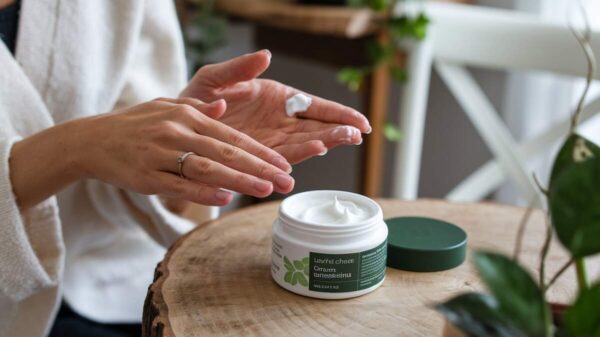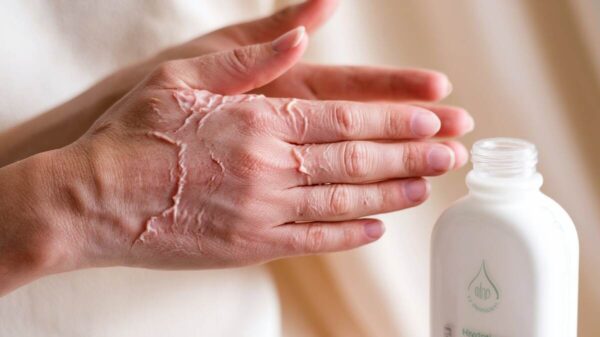Have you ever noticed small white spots on your skin and wondered what might be causing them? While often harmless, these spots can signal underlying issues such as vitamin deficiencies. Recognizing this connection can motivate you to take proactive measures for improved skin health and overall well-being.
What Are Small White Spots on the Skin?
Small white spots, medically known as hypopigmentation, appear when the skin loses some of its natural pigment. One common but often overlooked cause of health issues is vitamin deficiency.
Standard Features of These Spots:
- Tiny, irregularly shaped white patches.
- Frequently found on arms, legs, or face.
- It may be asymptomatic or slightly dry.
Possible Causes Beyond Vitamin Deficiency:
- Fungal Infections: Such as tinea versicolor.
- Skin Conditions: Like vitiligo or pityriasis alba.
- Sun Damage: Prolonged UV exposure.
The Role of Vitamins in Skin Health
Vitamins are essential for maintaining skin’s elasticity, hydration, and pigmentation. A deficiency in specific vitamins can manifest as small white spots, dry patches, or uneven skin tone.
Essential Vitamins Linked to Skin Pigmentation:
- Vitamin B12: Essential for melanin production, influencing pigmentation.
- Vitamin D: Supports healthy skin renewal and repair.
- Vitamin C: Promotes collagen production and protects against UV damage.
- Folate (Vitamin B9): Vital for DNA synthesis, which impacts skin cell regeneration.
Symptoms of Vitamin Deficiency That Affects Skin
Identifying signs of vitamin deficiency early can effectively address the root cause.
Indicators You Shouldn’t Ignore:
- White Spots: Often linked to B12 and D deficiencies.
- Dry, Scaly Patches: Indicative of vitamin A or D shortage.
- Slow Healing Wounds: A symptom of insufficient vitamin C.
- Skin Redness or Irritation Could signal low levels of niacin (B3).
Popular Brands Supporting Skin Health
Familiarizing yourself with trusted brands can help you make informed decisions:
- Garden of Life: Known for organic, plant-based supplements.
- Sports Research: Offers high-quality vegan vitamin D3 options.
- One A Day: A go-to for comprehensive multivitamins.
Debunking Common Myths
Many misconceptions exist about small white spots and their causes. Here are a few clarified:
White spots always indicate vitiligo.
They can result from temporary vitamin deficiencies.
Only older adults face these issues.
Deficiencies can affect all age groups.
Supplements work instantly.
It can take weeks or months to see noticeable improvement.
Skin Clarity Starts Here!
Are you curious about the solutions available to tackle vitamin deficiencies? Explore how supplements, diet adjustments, and lifestyle changes can help at the next stage of your journey. Continue reading to Finding Solutions for Small White Spots on Skin Due to Vitamin Deficiency tailored to your needs.

















